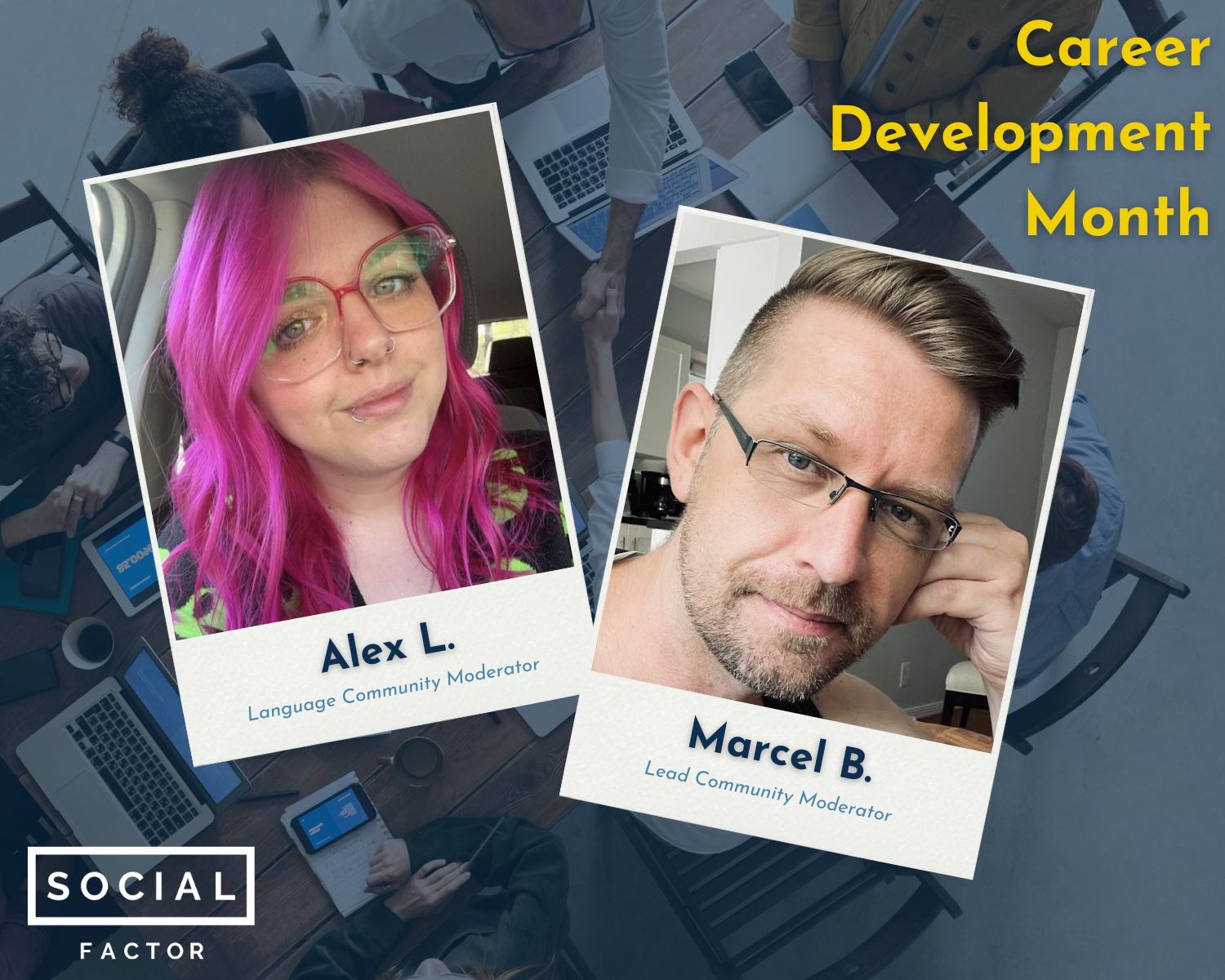
Social Factor
Finding Your Future at SF: Where Growth Meets Opportunity

Hello. My name is Mary, and I am currently in Facebook Jail.
I’m sure you’re wondering what landed me in the ol’ FB pokey, and I’m here to tell you: Community Guidelines Violations. I’m a hardened criminal, so this is my second time in the hoosegow. As part of my community service to help soften up the parole board when my time comes up, I wanted to share my experience.

First off, what did I do? They always say owning up to your transgression is the most crucial step. Well, I threatened my 9-year-old cousin. At least, according to Facebook. See, his mom posted a word-find puzzle she created by hand (how amazing is she?) for her son, and when I saw it, I knew I had to get in on the action. So I commented, “Imma beat him.”
I know, I know, you’re thinking, “Geez, Mary. Maybe if you didn’t threaten violence against a 9-year-old.” Wait, no, that’s what Facebook was thinking. You’re probably thinking, “I don’t understand.”
I didn’t, either, which is why I appealed. An appeal is supposed to be viewed by an actual person, but if the context isn’t considered, the appeal can be denied. Mine was denied because it was determined that my comment was, indeed, a threat of violence and therefore a community guidelines violation.
Which brings me to the real reason we’re here: Why it’s essential to understand context when viewing comments on social media.

One of the big things Social Factor pushes each of our moderators to do is natively view every conversation, every time. We do this for multiple reasons:
It’s 100% impossible to protect every client from social media missteps every time. But, by taking the time to view comments natively, and by applying the context of conversations, posts, and profiles themselves to our decision, we know we’ve done our best to protect them as much as possible.
Which brings me back to my time here in the clink. While it may not be possible for a platform as big as Facebook to look at the context of every conversation their two billion monthly users are having, not doing so means innocent conversations can be taken as violations (which breeds negativity among the community). Since our goal as community moderators is to make social spaces as fun and clean as possible, it’s essential that we work harder and take the extra time to ensure that same kind of negativity doesn’t grow in our own communities.
Looking for people willing to take the extra time for you and your social media community? Visit our website to see what we offer. We’d love to hear from you.

Finding Your Future at SF: Where Growth Meets Opportunity

Transform your Digital Strategy by Using Tech and SaaS for Optimal Resource Utilization

Building Brand Loyalty Through Authentic Human Connection

Sail Through 2025 Social Media Budget Planning with Ease

How Brands Can Navigate Pre-Election Chaos on Social Media

Threads: Is It Worth It Yet?

Jack “Of All Trades” Dorsey Is No Longer on the Bluesky Board

Celebrating Diversity at Social Factor

Coachella 2024: What It Takes to Livestream the Festival on YouTube

How Fort Worth’s Social Factor Is Rocking ‘Human Connection’